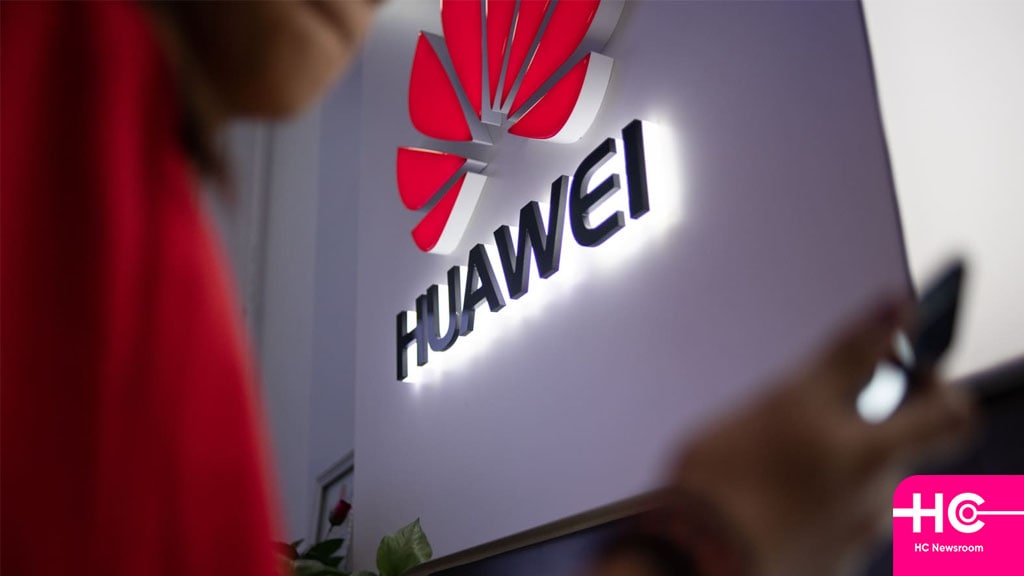News
Huawei doesn’t waste high-tech talents: CEO

Huawei started this week, launching a bunch of new products for its consumers, including the luxurious and intelligent large electric SUV – AITO M7. Meanwhile, the media was impatiently waiting for the company to greet and answer their most-awaited questions. To this, the CEO of Huawei, Yu Chengdong came ahead describing the high-tech talents of the company.
To begin with, the interviewers asked Yu Chengdong about his view on extended-range electric vehicles as a transitional component. Consequently, the CEO replied that if we remove the extended-range part then it is a completely electric vehicle. Moreover, no matter whether the battery of the car is compact or large, anyhow it still requires to get charged.
On the other hand, even a big battery turns out to be a burden for the vehicles. According to Yu Chengdong, the use of fuel for an extended-range electric vehicle is far more beneficial than for fuel vehicles. This is so because the electricity that is generated by the extended vehicles can be recovered. Besides, fuel vehicles often keep clutching and shifting on the road. As a result, the engine becomes inefficient to work properly. Hence, it is more efficient than fuel vehicles.
Huawei knows how to build a brand: Yu Chengdong
On the flip side, Yu Chengdong proudly states that Huawei knows how to use high-tech talents to become a world-class brand. The CEO further adds, that though the company maintains its dignity in the merchandise, it’s not an easy task. The Chinese manufacturer leads a team that had learned the experience and ability to sustain a brand after 10 years of hard work. Therefore, it is obvious that the company will not waste its technical talents on creating small stuff.

Thereafter, Chengdong confidently speaks over the new Wenjie M7. According to him, the ultra vehicle will soon gain a huge profit in the market.
“The supply is still under pressure. I believe that our M7 will sell better after it goes on the market. I hope that they can sell more than 20,000 units or even 30,000 units per month as soon as possible.”
(Via)






